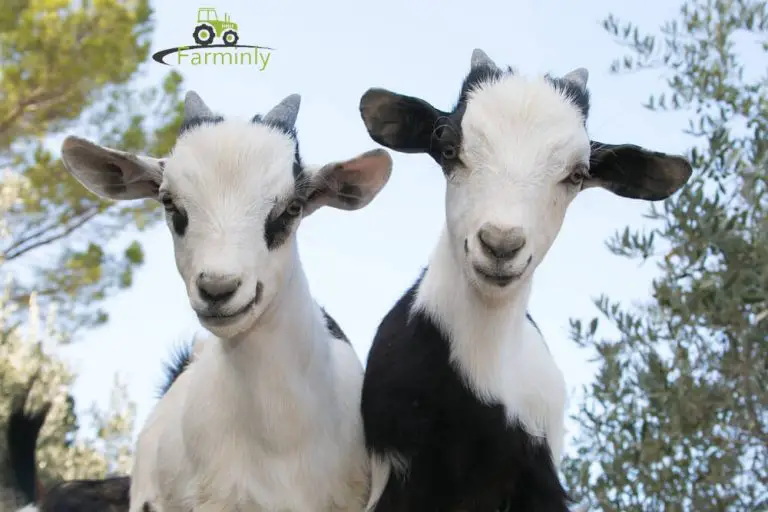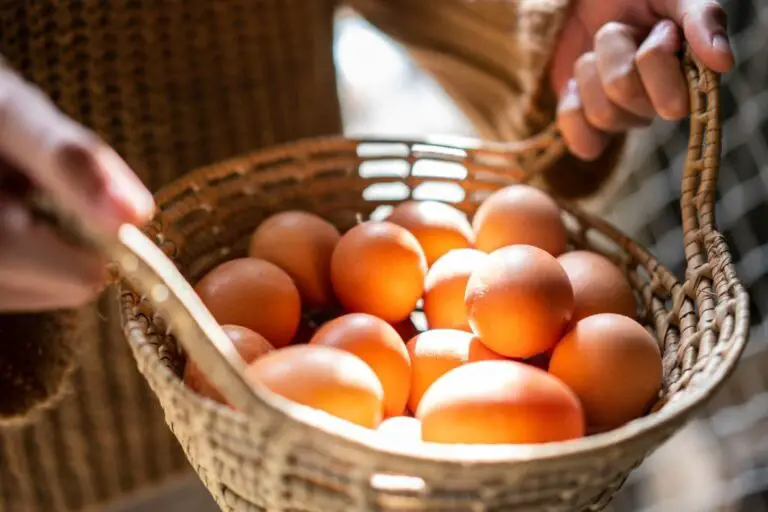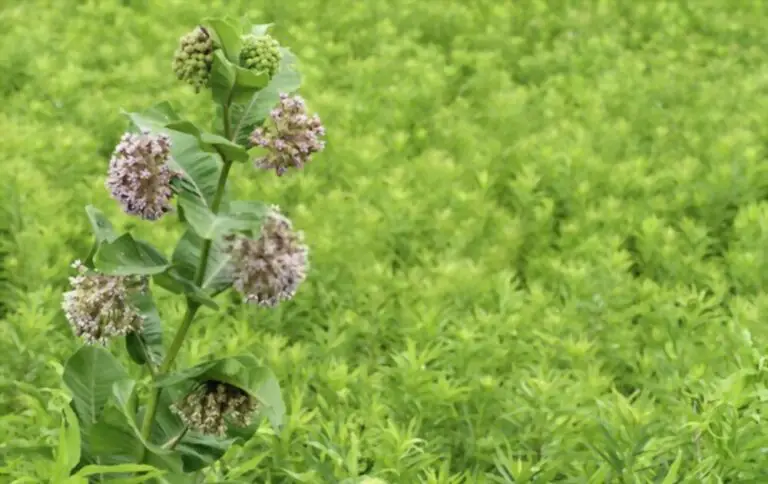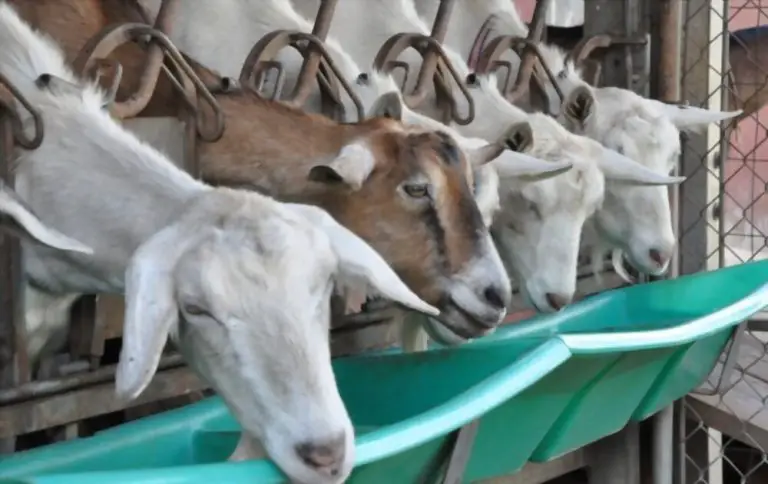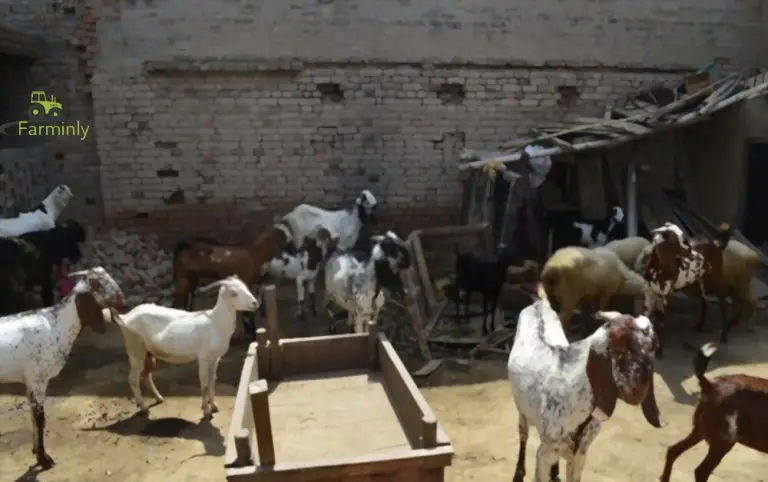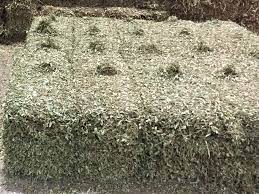It may seem like an odd question, but do goats have accents? Well, the answer might surprise you. Goats are herd animals, are social, and rely heavily on vocal communication.
Have you ever heard of a goat with an accent? Many people might find it surprising, but goats can have accents. At first, it may not seem possible, but goat vocalizations are surprisingly varied. This article will dive deeply into the science of goat accents and examine the various types.
Do Goats Have Accents?
A goat’s accent is the way it speaks. While many people might assume that all goats sound the same, goats’ accents can vary depending on the species, the complex social surroundings, and even the animal.
Accents in goats come from the different tones within the vocalizations of a goat. Depending on the breed, goats can make higher- or shorter, or lower-pitched sounds. When two goats from other areas “speak” to one another, their accents become apparent.
What Types Of Mostly Common Goat Accents Exist?
Several types of goats can vary in several ways, including behavior and vocalization. Different species or breeds of goats produce different sounds.
Goats can have many different accents, but some breeds are more likely to develop certain distinct accents. For example, pygmy goats tend to have higher-pitched vocalizations than other breeds. Additionally, there are some regional accents that goats can develop.

In addition, the Pygmy goat and the Cashmere goat can produce softer sounds, while the Spanish, Angora, and Nubian goats may make louder, more distinct noises.
There is also the “cornbread accent” of some Appalachian goats, often described as similar to a Southern accent. A slower speed and longer sounds characterize this accent.
Meanwhile, mountain goats in the Swiss Alps have a unique accent distinct from other Alpine goats. Their pronunciation is softer and lower-pitched compared to their counterparts in other parts of the mountains.
The Evolutionary Trend Of Goat Accents
Have you ever heard a goat bleat with a unique accent? It may sound funny, but scientists are taking such a phenomenon seriously. Research is illuminating the science behind how and why certain animals, including goats, may have regional accents.
It is thought that certain animals, such as goats, developed regional accents over time due to their environment and external pressures. For example, a scientist may find that goats in a specific geographic region bleat in a particular pattern to avoid predators.
The local predators may have identified a distinct “signature” bleat, so the goats adopted an accent to blend in. The herd may pass this unique vocalization on from generation to generation.
Cultural Imperative for a Unique Sound
Animals, of course, possess no actual “cultural” knowledge. However, they still abide by cultural rules. One goat may pick up a unique vocalization from another goat, like a form of mimicry.
The dialect a goat speaks will vary depending on the herd or even the region they belong to. Research suggests that goats have dialects of their own. These dialects are entirely separate from the ones with which we are familiar.
Additionally, the size of the herd and their general behavior patterns may also contribute to different accents. Larger packs tend to have more diverse vocalizations compared to smaller homogenous herds.

The Role of Humans in Goat Accents
Humans also play a significant role in encouraging unique accents in goats. Humans often selectively breed goats based on sound, shape, and color.
This practice has been used for generations and may be responsible for accentuating variations in how goats bleat. But, any time the selective breeding of a particular species occurs. It can lead to an increase in physical, behavioral, and vocal diversity.
It may sound amusing, but there is a natural science behind goats having distinct accents and vocalizations. Over generations, animals, such as goats, may develop vocal trends based on their environment, the size of their herd, and even reflective of human intervention.
Whether you find it fascinating or funny, it helps to explain why goats may all bleat differently.
Do Goats in Different Regions Bleat Differently?
Due to different goat breeds and various goat communication dialects, goats in other regions may have ‘accents.’ However, experts disagree. While they suggest that there could be subtle differences due to individual genetics, they generally believe that goats don’t carry over distinct accents from one area to another.
Research has noted that the bleats of goats in different parts of the world are often distinctive. Does this mean that goats living in Scotland have a distinct Scottish bleat, while those living in the United States have an American accent? It’s possible.
Studies have suggested that these subtle differences in bleating may indicate differences in the social organization of goat herds (or flocks) and even the ability to recognize individual animals.
Conclusion
Goats may not be the first life forms we consider when it comes to accents, but they can have distinct regional and breed-specific accents. It is an exciting phenomenon that sheds light on the beautiful complexity and diversity of the world of animals.
So, do goats have accents? The answer is yes! Goats can differentiate between dialects; they are believed even to carry their dialects. Now that you know this, when you hear a goat “speaking,” it may be speaking with an accent.
References

